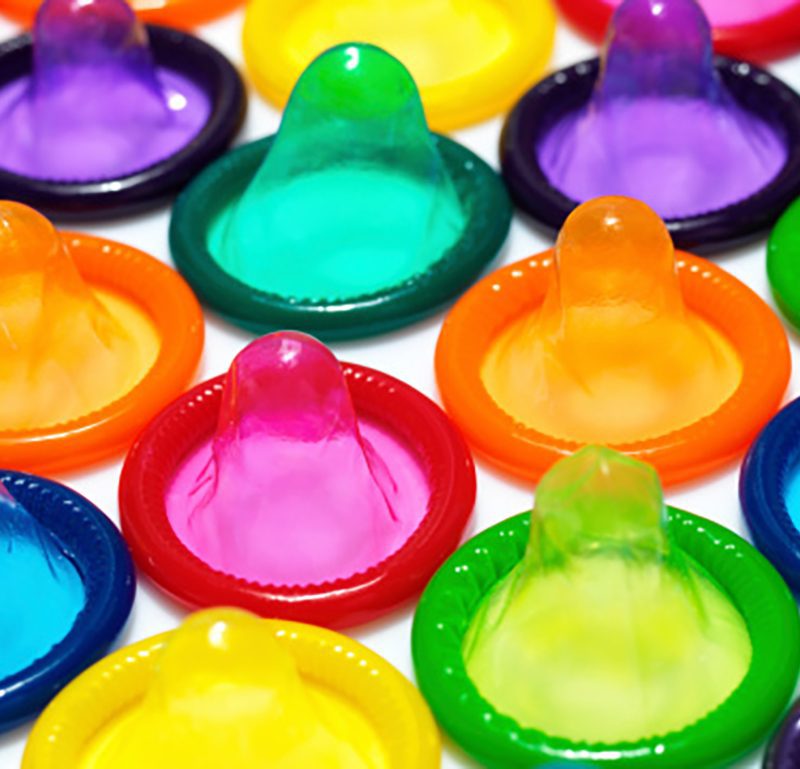

Hormonal contraceptives that contain a combination of hormones should not be used by women who are breastfeeding. The health conditions that could put you at risk include: Your healthcare provider will evaluate your health profile before prescribing any hormonal contraceptives to ensure that they are safe and appropriate for you to use. Women with certain health conditions should avoid certain types of hormonal contraceptives. Many women who use a contraceptive containing the progestin hormone experience no periods at all. They can also be used to alleviate painful cramping or PMS symptoms or to control heavy menstrual bleeding. They may be prescribed to treat an irregular menstrual cycle. Hormonal contraceptives can help you regulate your period. On the positive side, not all of the side effects are negative. Many of these side effects subside after the first few months of use.
BARRIER CONTRACEPTIVES SKIN
Changes in facial skin pigmentation (melasma).Notwithstanding the improvements in safety in hormonal contraceptives, they can still cause negative side effects for some women. Since the time that hormonal contraceptives in the form of the birth control pill entered the market in 1962, medical advances have led to improvements that resulted in safer products and reduced the dosage of hormones. Thinning of the uterine lining (endometrium) so that a fertilized egg cannot implant itself.Thickening of the cervical mucus so that the sperm cannot reach an egg.Preventing ovulation, meaning your body does not release an egg.They prevent pregnancy in one or more of the following ways:

All hormonal contraceptives consist of various formulations of progestin or a combination of progestin (a form of progesterone) and estrogen. Whether you use birth control pills or other forms of hormonal contraceptives, the side effects are very similar. Birth Control Pills (the leading contraceptive choice for women under thirty years old)ĭepending on which device you use, your hormonal exposure will be either continuous or intermittent.The types of hormonal contraceptives include: However, not all women experience the same side effects or experience them to the same degree of intensity. To obtain a hormonal contraceptive, you will need an appointment with your healthcare provider and get a prescription.Īs compared to barrier contraceptives, hormonal contraceptives can cause more pronounced side effects. The risks of human error include incorrect use, damage to the device, or simple failure to take the time to put the device on properly, or at all. One of the reasons barrier contraceptives are less effective is that their effectiveness depends on proper use. If you leave them in place for longer than 24 hours, you run an increased risk of having toxic shock syndrome.Įven though barrier contraceptives are easy to get without a prescription, safe, and have minimal side effects, they are less effective than hormonal contraceptives in preventing pregnancy. Using these devices can increase your risk of developing urinary tract infections. Other types of barrier contraceptives are the diaphragm and the vaginal cap. These side effects are not serious and they are easily remedied. Condoms may cause minor itching, burning, and irritation, especially when used regularly with a spermicide. The condom is an example of a barrier contraceptive. Barrier contraceptives work by blocking the sperm’s access to an egg. Barrier contraceptives have the most minor side effects. Nearly every type of contraceptive has side effects. Part of the decision-making about your contraceptive choice involves understanding the different contraceptives’ side effects. If you plan to use an effective contraceptive, you should anticipate experiencing some side effects. Barrier Contraceptives And Their Side Effects Among the many considerations, you have to weigh are the side effects that a contraceptive option presents and the impact it could have on your health. You have many options when it comes to choosing which type of contraceptive is best for you.


 0 kommentar(er)
0 kommentar(er)
